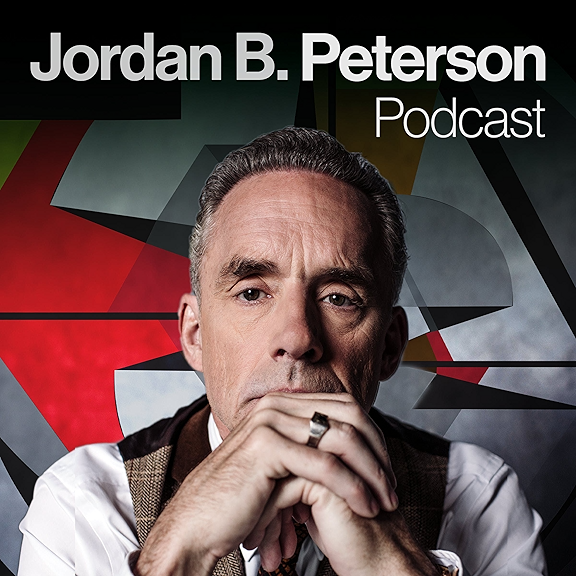
Personality Disorders and High Conflict Divorce with Bill Eddy
PERSONALITY DISORDERS AND HIGH CONFLICT BEHAVIORS IN DIVORCE
GUEST: Bill Eddy, LCSW, Esq. Co-founder and Chief Innovation Officer High Conflict Institute in San Diego, California
SUMMARY:
Personality disorders can significantly complicate the already challenging process of divorce. Individuals with personality disorders, such as borderline, antisocial, or narcissistic personality disorder, often exhibit traits that can fuel conflict in divorce proceedings. Their intense emotions, impulsivity, and difficulty regulating behavior can lead to erratic and volatile interactions with their soon-to-be ex-spouse. Additionally, individuals with these disorders may have a distorted sense of self-worth and a strong need for control, making negotiations and compromise more challenging, and learning how to deal with the situation is critical. In this episode of Her Empowered Divorce, your Host, Beverly Price, talks to Bill Eddy, LCSW, Esq. Co-founder and Chief Innovation Officer High Conflict Institute in San Diego, California. Together, they discuss personality disorders, how they present themselves in relationships and the divorce process, and how to deal with the resulting conflict behaviors.
KEY TAKEAWAYS:
- What are personality disorders? Personality disorders are a significant part of the population but are not obvious except in close relationships. They manifest as extreme behavior that repeats even when they are self-defeating and often end up in conflict.
- Why is he doing this to me, and why is he acting that way? Early on, you get along well because you are flexible, they are getting what they want, and have little demands, but suddenly, when you stop giving them what they want, the borderline switches to the all-negative.
- What is the most difficult part of working with high-conflict individuals? You will not persuade them to move things, so instead, focus on what your choices are and give them choices.
- Are personality disorders genetic, environmental, or upbringing? All the above. Genetics and upbringing are the biggest factors, but the good news is that these people can be treated or helped to achieve balance and control over their behavior.
- Whether living with a partner with a personality disorder or in the divorce process, the most important thing you can do is get a support system for yourself and cultivate your self-worth.
NOTABLE QUOTES:
- High conflict behavior is a preoccupation with blaming others and not taking responsibility, a lot of all-or-nothing thinking, unmanaged emotions that take over, and extreme behavior. (Bill)
- One of the most important conversations is that first conversation with your spouse, telling them you want a divorce; it can set the tone for the divorce process and co-parenting. (Beverly)
- You get back what you put out, so if you can put out calm, meta facts and reason, you are more likely to get that back; however, some people start off aggressively, which ends up escalating things unnecessarily. (Bill)
- Courts often adopt the first story, and anti-social are quick with their stories of how the other person is a terrible person, and even when it’s not true, it’s hard to recover from that once the story is out there, but you have to counter that with reality. (Bill)
- Personality disorders have a sugar coating; when you first meet these people, they are super wonderful. So when you start seeing little boundaries being violated, it is a sign this could get bigger. (Bill)
- If you are dealing with someone who has been violent, there’s a higher risk that they will be violent when they get bad news, so you want to deliver bad news in a therapist's office where there is someone who can help talk about it or have...




















